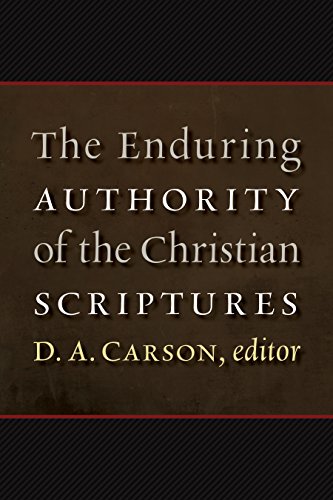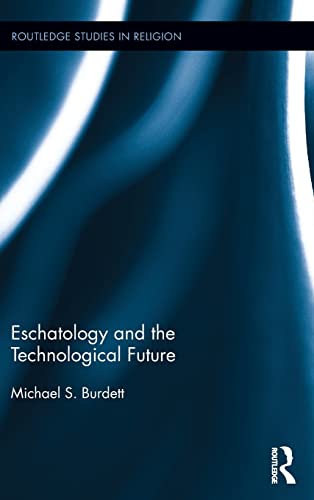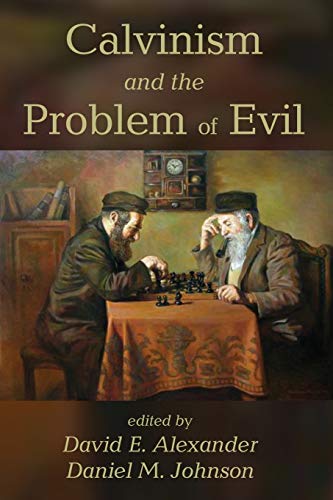Ecclesia and Ethics: Moral Formation and the Church
Written by E. Allen Jones III, John Frederick, John Anthony Dunne, Eric Lewellen, and Janghoon Park, eds. Reviewed By Jonathan T. PenningtonThis volume contains thirteen essays gathered from the fifty papers presented at a 2013 conference on the church and ethics hosted by postgraduate students at the University of St. Andrews. The conference was truly international in scope as a “global webinar” that included representatives from many Western nations, but also countries uncommonly represented such as Costa Rica, India, Latvia, Japan, Iraq, and others.
The editors have arranged these thirteen essays into three parts covering different facets of what they call generally “Ecclesial Ethics.” Part 1 (“Biblical-Theological Foundations for Ecclesial Ethics”) comprises chapters by Dennis Hollinger, Michael Gorman, Brian Rosner, and Mark Baker that address biblical teachings that in some way relate to ethics. Hollinger explores the doctrine of creation as the foundation for Christian ethics. Gorman offers a snapshot of his arguments for the fundamental cruciformity of Paul’s theology. Rosner argues that the metaphor of the church as the temple in 1 Corinthians is central to Paul’s ethical teaching and understanding the traditional indicative-imperative balance. Baker offers a brief argument that churches should avoid legalism by focusing on their theological center not theological boundaries.
Part 2 (“Virtue Ethics, Character Formation, and Ecclesial Ethics”) contains chapters by Stanley Hauerwas and N.T. Wright, who both present a Christian virtue ethic reading. Hauerwas offers a discussion of the essential role of habituation in the formation and practice of ethics, via reflections on Aristotle and Aquinas. Wright brings together into one essay his thoughts on Paul’s eschatology and ethics (adapted from Paul and the Faithfulness of God [Minneapolis: Fortress, 2013] and After You Believe [New York: HarperOne, 2010]).
Part 3 (“Exegesis and Application – Scripture and Praxis of Ecclesial Ethics”) is the longest section. The seven chapters discuss a range of biblical texts and ideas and include contributions by Nijay Gupta, S. Min Chun, Mariam J. Kamell, John Frederick, Aaron C. Manby, Michael Rhodes, and Douglas A. Hume (the last of whom is inexplicably omitted from the “List of Contributors”). Gupta asks the question of whether Paul saw himself as aligned with the Great Commission in light of the unexpected lack of “discipleship” language in his letters, offering an affirmative answer with Paul transposing this language into “slaves of Christ” terms. Chun applies the story of Gideon and Abimelech to the contemporary Korean church, seeing strong and needed ethical applications. Kamell offers a careful exploration of the book of James, showing that the ethical habit of humility in relationships is key to ecclesiological health. Frederick uses Paul’s cruciform theological ethics (especially from Colossians) to argue for the importance of pursuing reconciliation and love in our interactions on social media. Manby provides a survey of Christian pacifism in the Fathers and exhorts the church today to be involved in fighting social injustice in the same, non-violent way. Rhodes explores the OT habits of the manna narrative, the Jubilee, and the tithe-meal as re-appropriated in several NT texts as models for how the church today should continue to follow these practices regarding economics. Finally, Hume examines the virtues and habits of Acts 2 and 4 and uses the method of “narrative ethics” to encourage today’s readers to experience the text deeply and be formed in character by evoking our imaginations.
Reviewing a volume of collected essays is always difficult for many reasons. One problem is that a main criterion for the evaluation of a book is whether there is a clear and pervasive thesis or argument that is being made throughout. Another criterion for evaluation is consistency and quality of the scholarship and writing, which proves challenging in any edited volume.
In terms of the latter (the quality and consistency of the writing), overall the essays in this volume are quite strong and interesting. Some deserve special mention, such as the typically lively prose and insight of Wright, the thoughtful and stimulating work of Gupta, the reflective and practical piece by Rhodes, and the brief but hermeneutically sophisticated suggestions of Hume. Many of the other essays are also very good, including Gorman, Hauerwas, and Kamell, each providing arguments that are obviously steeped in years of reflection and expertise in their subject matter. Highlighting these seven essays is not meant to disregard the other contributions, each of which offer value, though admittedly some essays are much better than the others.
Regarding the contributors, I note that, despite the noble intentions to have a truly global conference, the final selected essays barely represent this. Unless I am mistaken, it appears that only two of the essays have any direct connection with non-Western peoples (Gupta and Chun), and in both of these cases the scholars have been trained in and continue to reside in Western nations. This is not so much a criticism as an observation. If these thirteen essays are the best of the fifty papers then they have done the right thing. But it is still a notable observation about the difficulty of being global in focus.
Regarding the contributions, it should be noted that several of them are distillations or slightly different explorations of work published elsewhere (e.g., Gorman, Hauerwas, Wright, Hume, and maybe others). There is in fact value in having essay-length presentations of larger works, but on the question of what original contribution this volume makes, this proves lacking.
And this leads to the other evaluative criterion mentioned—coherence and clarity in the thesis of the book—on which the volume falls considerably short, even relative to other collections of essays. While in some way each of the chapters can be connected broadly to ethics in the Bible and the Church, it is difficult to identify any note or perspective more consistent than that. Even the attempt at organizing the chapters into three distinct (and very uneven) sections is difficult to understand, as most of the essays deal with biblical texts both exegetically and in application. At the same time, even though each part of the book includes “Ecclesial Ethics” in its title, it is challenging to discern what this means beyond simply that these are ethical issues that Christians and the Bible wrestle with.
Most important, there is no attempt by the editors to provide an introduction or conclusion that actually addresses the content of the essays, seeking to put them into dialogue with each other, comparing and contrasting perspectives, providing some synthesis (or even summary), or suggesting what is meant by “ecclesial ethics” and how today’s reader might approach this topic and apply for moral formation. This is not an easy thing to do, I know, but the result is a paradox—a bad book with good essays. The chapters for the most part provide interesting and insightful vignettes on ethical readings of texts, and the contributors are to be commended for this. However, as a book, this volume is best seen as a cupboard of assorted individual essays to be accessed digitally or from a library shelf, especially in light of the (typically extravagant) T&T Clark cost of $122.
Jonathan T. Pennington
Jonathan T. Pennington
The Southern Baptist Theological Seminary
Louisville, Kentucky, USA
Other Articles in this Issue
Gospel Differences, Harmonisations, and Historical Truth: Origen and Francis Watson’s Paradigm Shift?
by Frederik S. MulderClaiming to stand on the shoulders of the later Origen, in Gospel Writing: A Canonical Perspective, Francis B...
“For Your Sake We Are Being Killed All Day Long”: Romans 8:36 and the Hermeneutics of Unexplained Suffering
by David StarlingThis article explores the function of Paul’s citation from Psalm 44:22 within the rhetoric of Romans 8:31–39...
Many churches seem to have lost the art of singing lament...
Reflections on Handling the Old Testament as Jesus Would Have Us: Psalm 15 as a Case Study
by Dane C. OrtlundIn appreciation of the renaissance of christocentric and redemptive-historical hermeneutics and homiletics in our generation, this article selects an OT text, Psalm 15, that appears on the surface to be maximally resistant to a Christ-centered reading and preaching of Scripture...
This article examines the meaning of blessing as expressed in the structure and narratives of Genesis...







